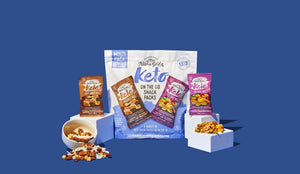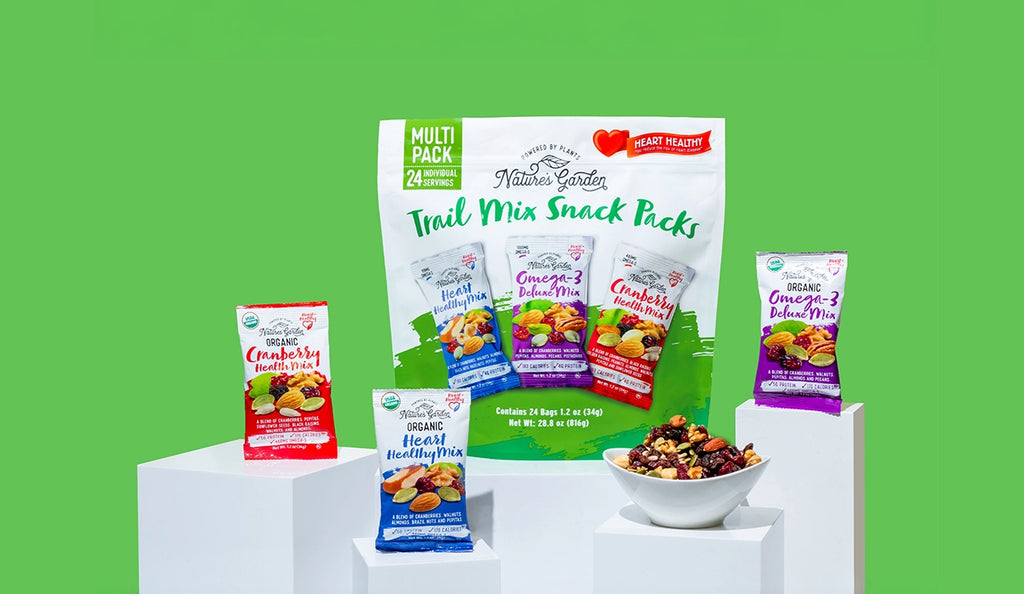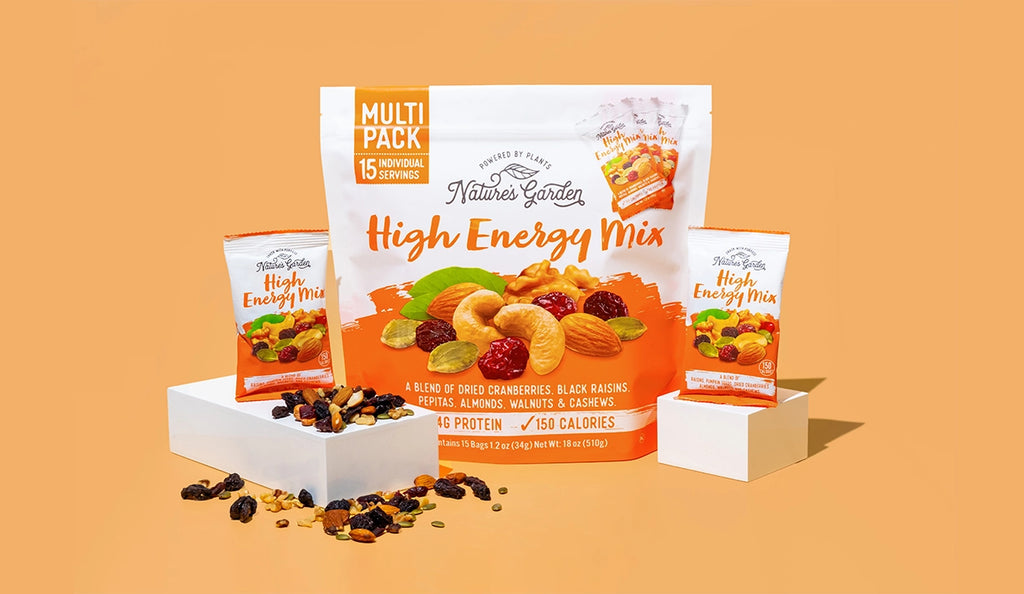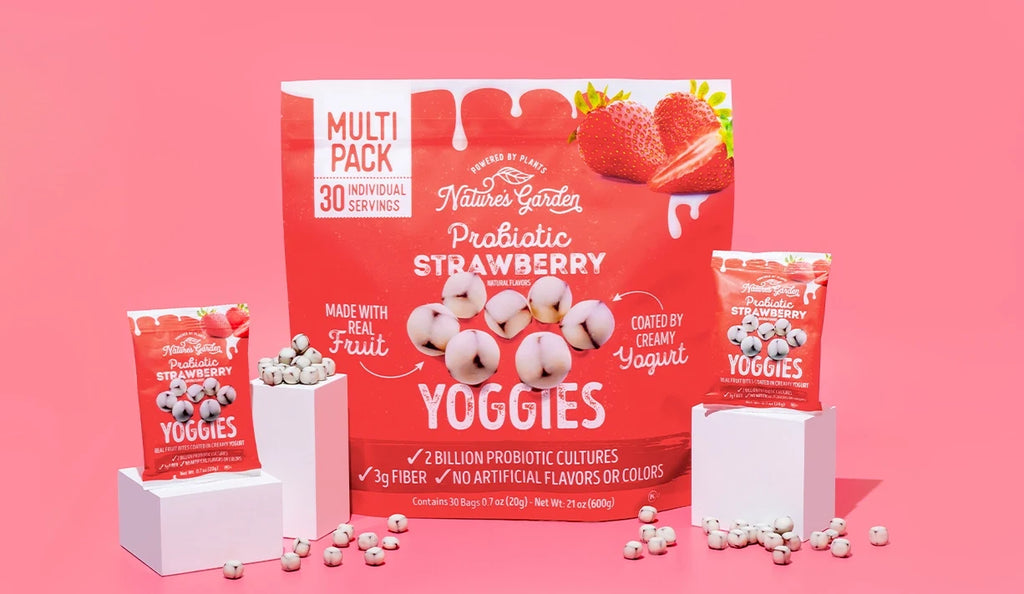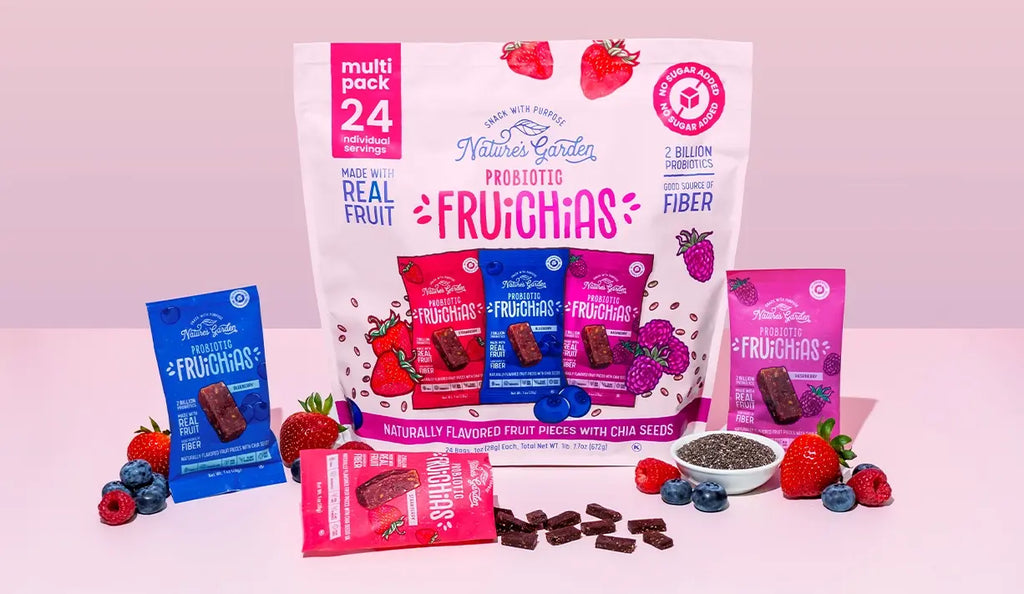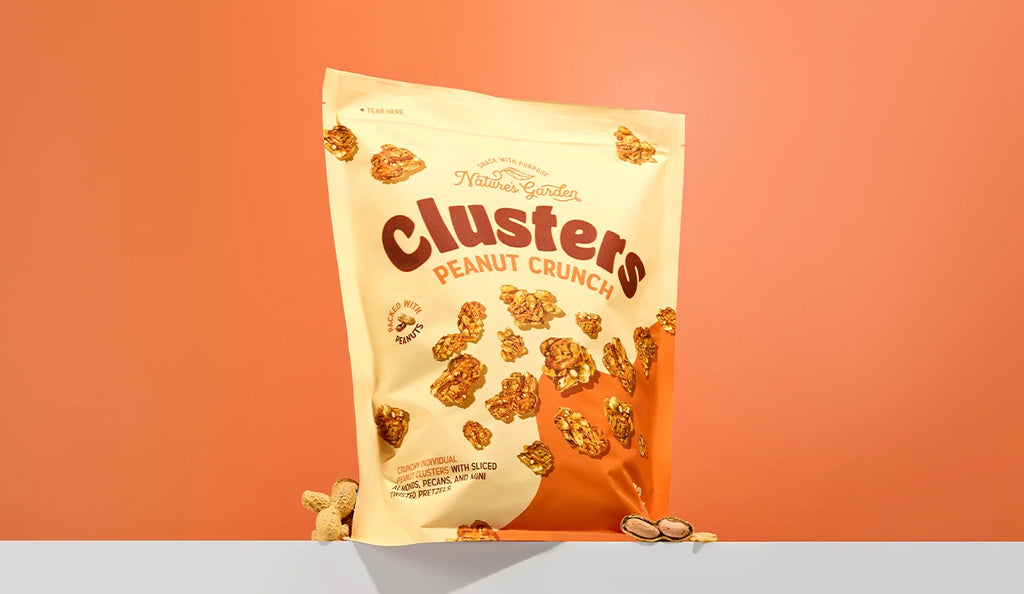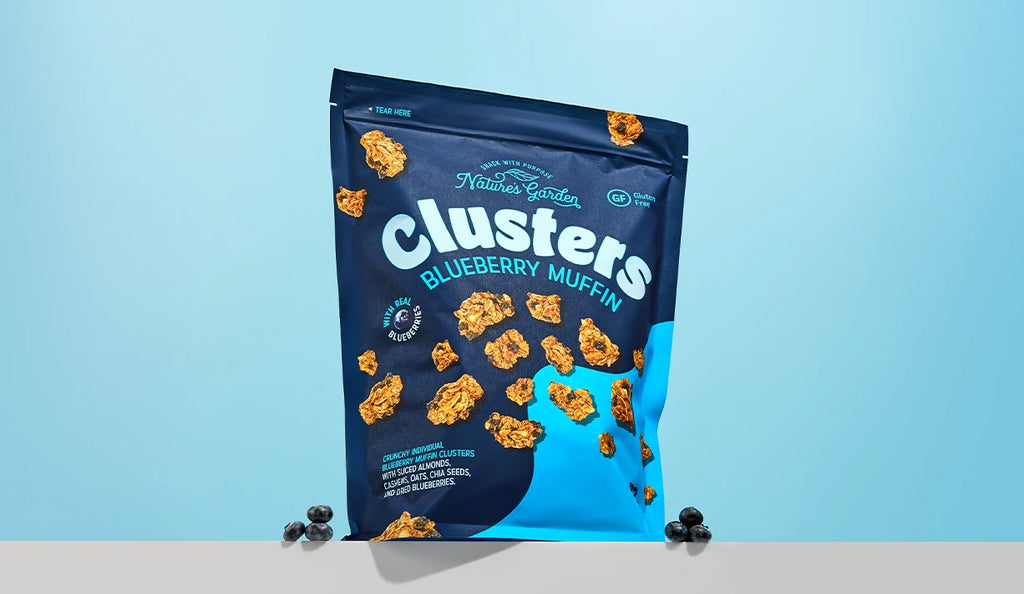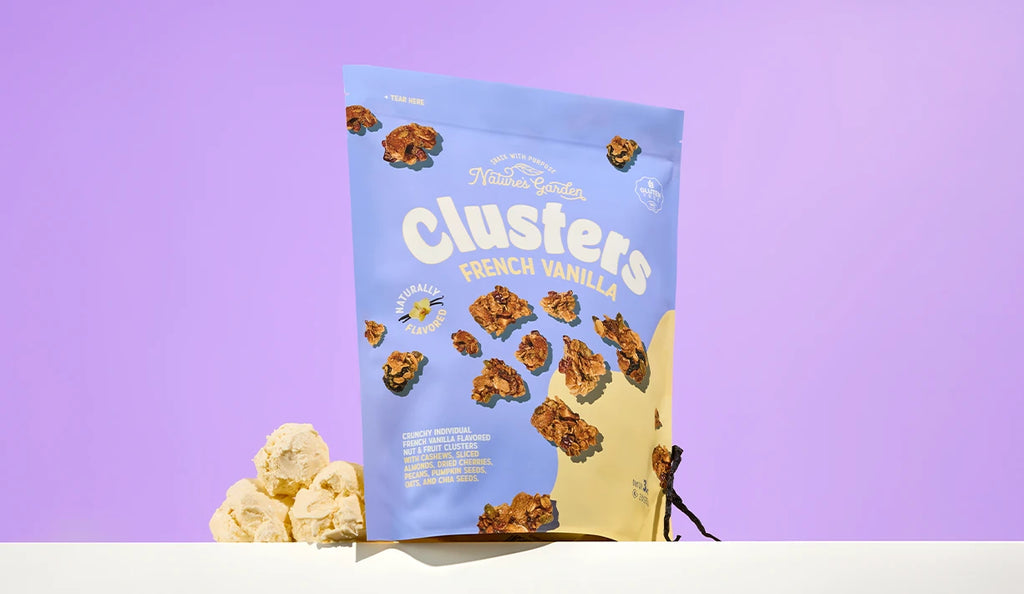In the realm of dietary trends, few have garnered as much attention and acclaim as the low-carb or ketogenic diet. Advocates hail its benefits not only for weight loss, but also for managing blood sugar levels, optimizing fat storage, enhancing athletic performance and boasting numerous other non-weight related positives. In this guide, we’ll delve into everything you need to know about low-carb diets, foods to keep you successful on a low-carb journey, and the benefits that followers of this lifestyle claim to experience.
What is a low-carb/ketogenic diet?
A low-carb diet involves restricting the intake of carbohydrates found in grains, starchy vegetables, and fruits, instead focusing on foods rich in protein and fat. While various versions of the low-carb diet exist, from the relaxed approach of lazy keto to strict carnivore diets, they all share the common goal of limiting carbohydrate intake. Carbohydrate restriction levels vary, ranging from very-low-carb diets with less than 10% of daily calories from carbs (about 20-50g) to moderate-carb diets comprising 26%-44% of daily caloric intake.
Why do people follow a low-carb diet?
People may adopt a low-carb diet for weight loss or blood sugar management. While many successful weight loss diets don’t necessarily restrict carb intake, limiting carbohydrates and focusing on low-carb vegetables, protein, and healthy fats have shown positive results for weight loss goals. Refined carbohydrates like table sugar and white flour, commonly found in processed foods, tend to spike blood glucose levels due to their high glycemic index.
How does limiting carbohydrates help with weight loss?
Carbohydrates are the body's primary energy source, easily converted into glucose during digestion. Insulin is released to facilitate glucose entry into cells for energy use, with excess glucose stored in the liver and muscles, some of which turns into fat. With a low-carb diet, the body switches to burning stored fat for energy, resulting in ketone production and entering a state of ketosis. Lowering insulin levels, the hormone responsible for fat storage, can improve cardiovascular health, promote weight loss, and enhance metabolic function. While the exact mechanism behind rapid weight loss on low-carb diets is debated, increased satiety from a higher intake of protein and fat may help followers stay within their calorie limits.
Common Mistakes in a Low-Carb Diet
Low-carb followers be wary of the amount of protein you’re eating. According to the ketogenic diet, your daily macronutrient goals should be around 5%, 25% protein, and 70% fats. However, low-carb dieters that lean into too much animal protein and not enough healthy fats and dark leafy greens, or cruciferous vegetables (i.e. cauliflower, broccoli) may be eating way above the 25% daily protein intake.
When the body doesn’t have sufficient carbs, amino acids from proteins will be turned into glucose via gluconeogenesis- eventually, preventing you from feeling the benefits of ketosis, even though you’ve limited your carb intake.
Another mistake that keto followers make is not eating enough fats, or leaning heavily into trans fats. Choosing healthy fats like monounsaturated and omega-3 fats will ensure you’re getting all the benefits, without the documented side effects of a heavy trans fat diet.
Low-Carb Diet Shopping Guide
Now to the groceries. Instead of listing what you can’t eat, let’s talk about some of the best keto foods you CAN eat (and, not just limited to the items listed below).
- Produce Section: asparagus, avocados, celery, eggplant, kale, lettuce, mushrooms, spinach, zucchini
- Meat & Seafood Counters: beef, chicken, lamb, mussels, oysters, pork, shrimp, white fish
- Deli Counter: sliced chicken, ham, pancetta, pepperoni, turkey, salami
- Dairy Section: eggs, butter, heavy cream, brie, cheddar, mozzarella, parmesan, pepper jack, provolone, swiss cheese.
- Snack Section: kale chips, macadamia nuts, Nature’s Garden Keto Snack Mix, seaweed, stevia sweetened dark chocolate, veggie sticks
- Drink Section: club soda, coffee, tea, unsweetened cold brew, unsweetened iced tea
- Other Aisles: avocado oil, bouillon cubes, broth, canned tuna, coconut oil, dried herbs, olive oil
How can you calculate your daily carbohydrate intake on a ketogenic diet?
Net carbs, calculated by subtracting fiber and half the sugar alcohol content from total carbs, help determine the digestible carbohydrate content of a meal. This method aids in choosing higher-fiber foods.
Net Carb= Total Carb- Fiber
We’ve Talked about the Pros- Now Let’s Talk about the Cons:
Nutrient Deficiencies: Restricting certain food groups may lead to deficiencies in essential vitamins and minerals.
- Difficulty Sustaining: The strict carbohydrate limit can be challenging to maintain long-term, especially in social situations.
- Initial Side Effects: Transitioning to keto may cause symptoms like fatigue and headaches, known as the "keto flu."
- Potential Health Risks: High-fat diets, especially versions that don’t prioritize healthy fats and instead lean into trans fats, may raise concerns about cardiovascular health and cholesterol levels.
- Limited Food Choices: Many foods, including some healthy options, are off-limits, leading to potential dietary boredom.
- Impact on Gut Health: The diet's low-fiber content may disrupt gut bacteria balance, affecting digestive health. Dieters should consider options like the Probiotic Immune Mix from Nature’s Garden for a holistic snack that aids both the digestive system and the immune system,
- Eating Disorders: Strict rules and rapid weight loss could trigger or worsen unhealthy eating patterns.
It's crucial to approach the keto diet cautiously and seek guidance from a healthcare professional before starting, especially if you have health concerns. Listening to your body and prioritizing overall well-being is key.
That being said- let’s get into some wonderful snack ideas our keto follower’s can’t seem to get enough of in their low-carb journey…
Best Snacks for a Low-Carb Diet
- Trail Mix
Nature’s Garden made specific trail mixes for those looking for a cheesy or chocolatey crunch- with all the goodness of high protein and omega-3 packed nuts in the KETO SNACK PACKS. Our probiotic keto snack mixes are here to give you the digestive wellness boost while you’re on a low-carb journey.
- Beef/Turkey Jerky
- Dark, Stevia Sweetened Chocolate
- Greek Yogurt
- Cheese Puffs and Crisps
